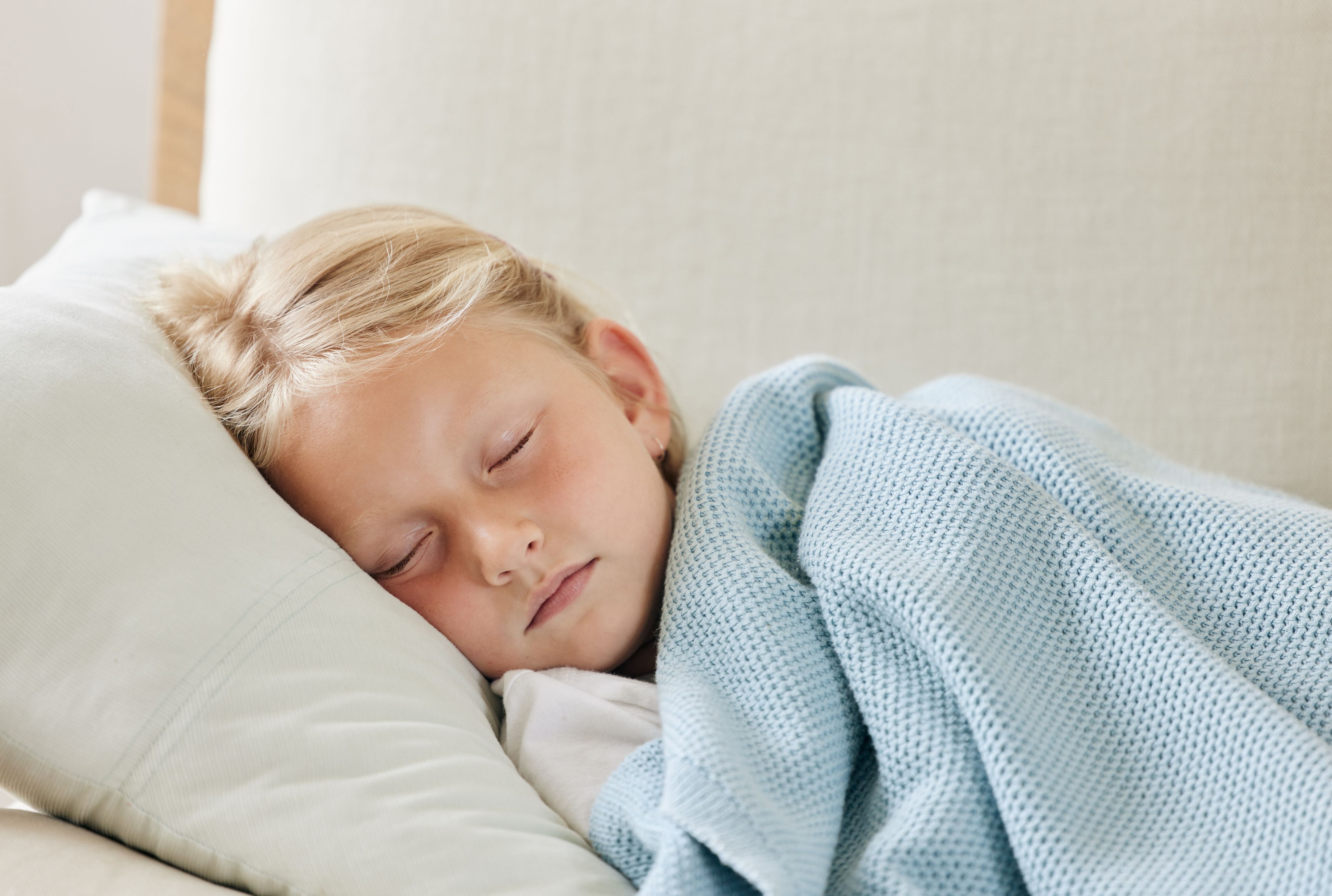It can be hard for families with children to transition from a hang-loose summer to a more structured school-year schedule, so here's some just-in-time advice from two nationally known University of Oregon experts to help ease the way.
Ariel Williamson is an expert on children's sleep. Jen Doty is an expert on youth and technology. OregonNews asked each of them to share their three top tips as we head into fall and a new school year.
Promoting better sleep
Ariel Williamson, an assistant professor at the UO's Ballmer Institute for Children's Behavioral Health and the Department of Psychology:
1. Start shifting your family's summertime sleep schedule to better align with the school schedule
Most children adjust more easily to gradual sleep schedule changes over several days. But that may be hard to do with families' busy schedules. Even moving wake time 15-20 minutes earlier a few days before school starts can help kids and families adjust to a new schedule.
For children starting kindergarten, consider shortening or eliminating an afternoon nap if your child still takes one. That's especially important if they will be in full-day kindergarten or after-school care where a nap isn't possible.
For older kids and teens who've been staying up later during the summer, moving wake time earlier and avoiding naps will likely be easier than getting kids to bed earlier. Once a child is waking up earlier for a few days, it may be easier to move the bedtime earlier. Think about this shift like adjusting to a new time zone when traveling or during daylight saving time shifts. It may take a couple of weeks before your child and family are adjusted to the new schedule.
2. Develop a back-to-school bedtime routine
Bedtime routines can help prepare your body for sleep at any age. Research shows that in younger children, the more nights per week a child follows a bedtime routine, the better they sleep. Doctors usually recommend having a bedtime routine of two to four activities moving in the direction of bedtime, such as washing up, brushing teeth, and doing an activity you and your child enjoy, like reading or talking about the day.
Older children and teens also can benefit from a wind-down routine, especially one that helps them prepare for the next day, such as packing a backpack or laying out school clothes to make the morning a bit easier. If your child or teen watches shows or uses other electronic devices before bedtime, move electronics to earlier in the evening, before or at the start of the bedtime routine. Using electronics just before bedtime or while falling asleep can make it harder to get to bed early and to sleep well through the night.
3. Be aware of children's sleep needs by age
The American Academy of Sleep Medicine has recommendations about optimal sleep duration (total hours of nighttime plus daytime sleep) at every age, which were developed by researchers and doctors. Understanding how much sleep is recommended for your child is helpful, especially when trying to make sure your child gets enough sleep to be rested and ready to learn at school.
Keep in mind that these are guidelines, meaning that some children may need more or less sleep, depending on many different individual and environmental factors. Talk with your child's doctor if you're concerned about your child's sleep needs.
Image captions



"For older kids and teens who've been staying up later during the summer, moving wake time earlier and avoiding naps will likely be easier than getting kids to bed earlier."
Ariel Williamson
Assistant professor of psychology, Ballmer Institute for Children's Behavioral Health
Resources on children's sleep
- www.babysleep.com The Pediatric Sleep Council offers free, evidence-based advice about child sleep patterns and problems.
- Nemours/Kids Health provides information for both kids and families about children's sleep.
- Start Schools Later is a nonprofit organization dedicated to promoting healthy teen sleep by moving school start times later to better align with adolescents' social and biological rhythms. The site explains why teens tend to stay up later and sleep in later and offers other tips to promote healthy teen sleep.






